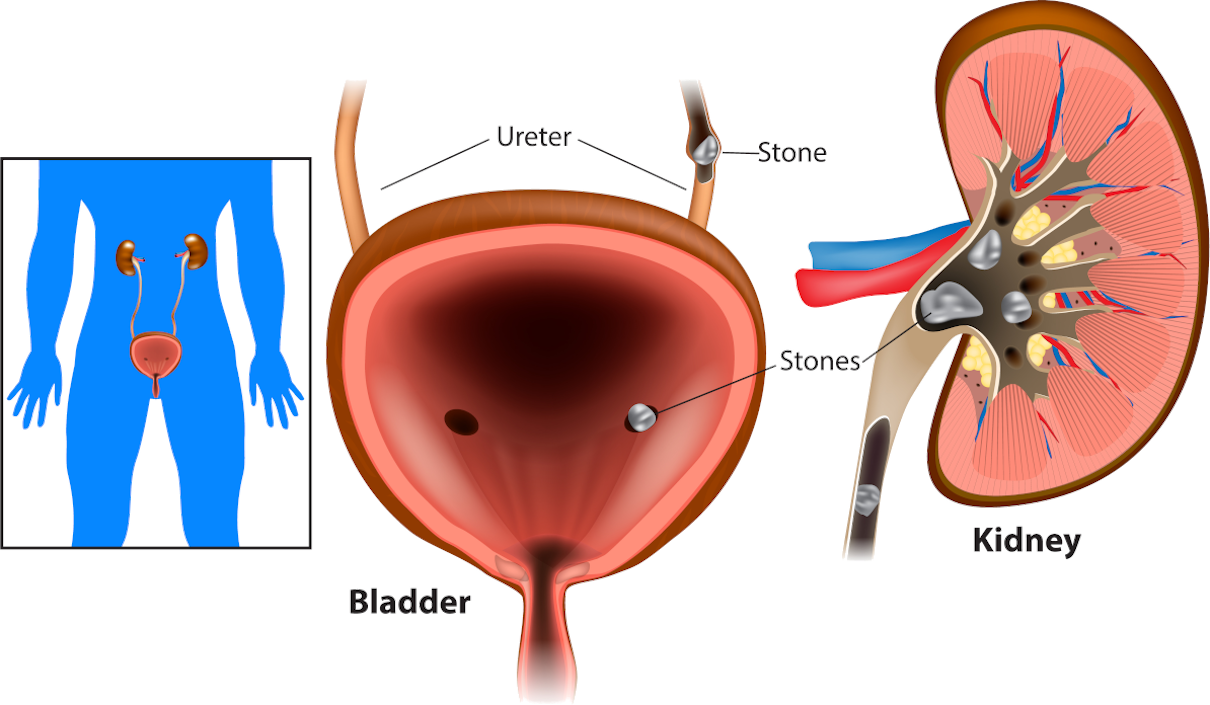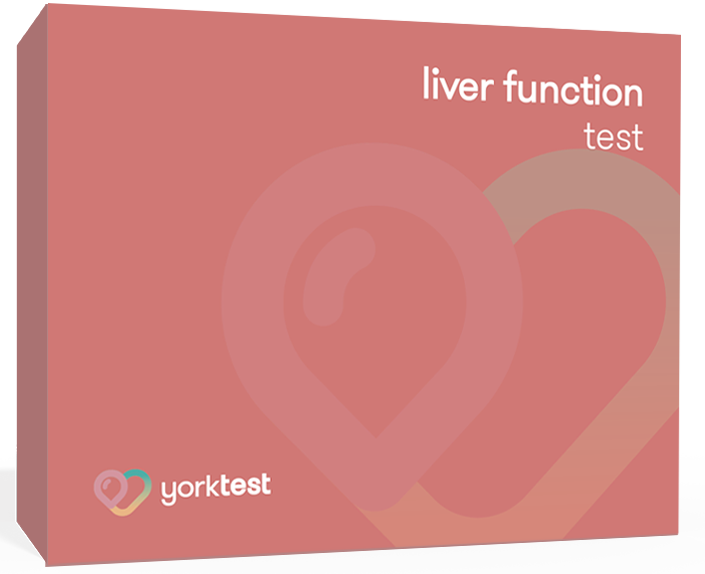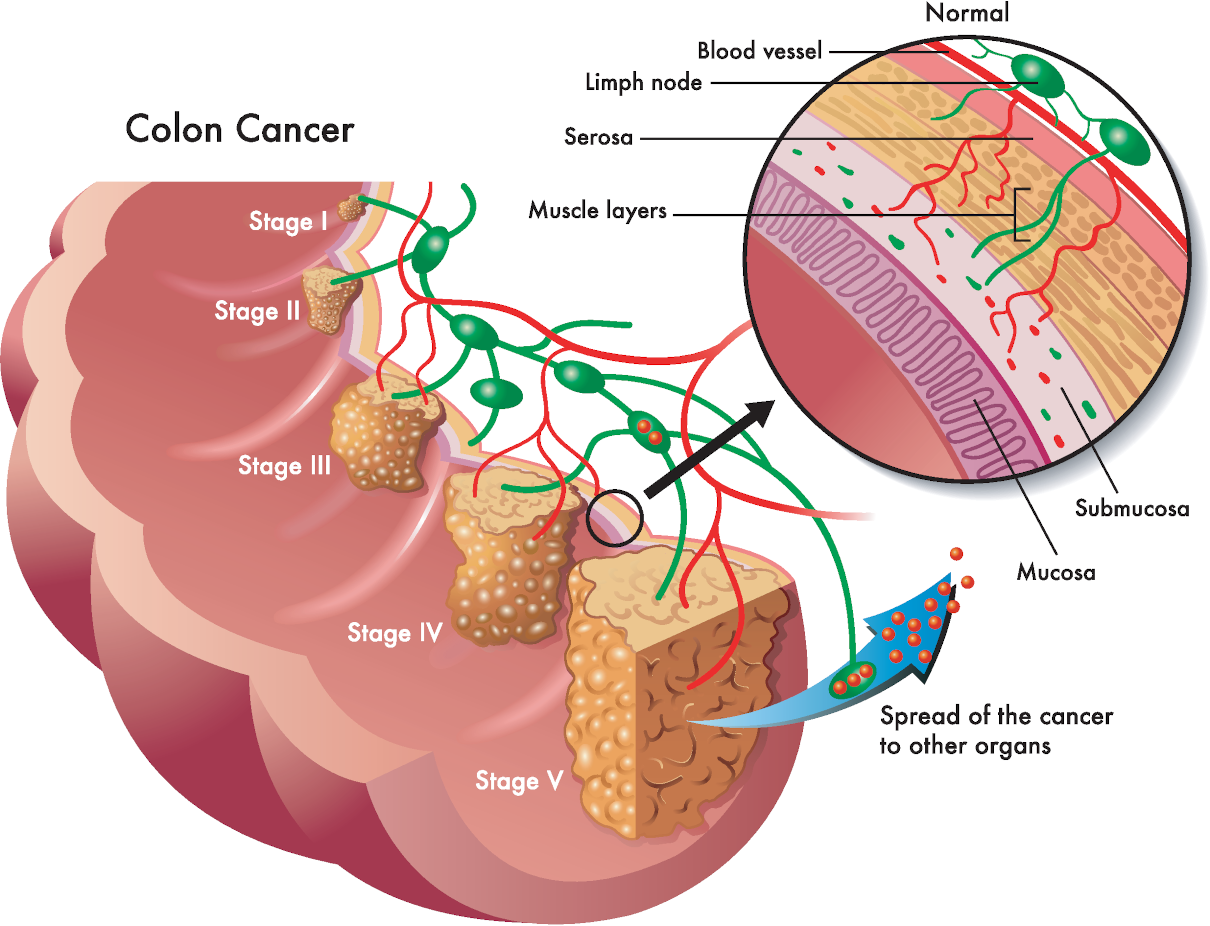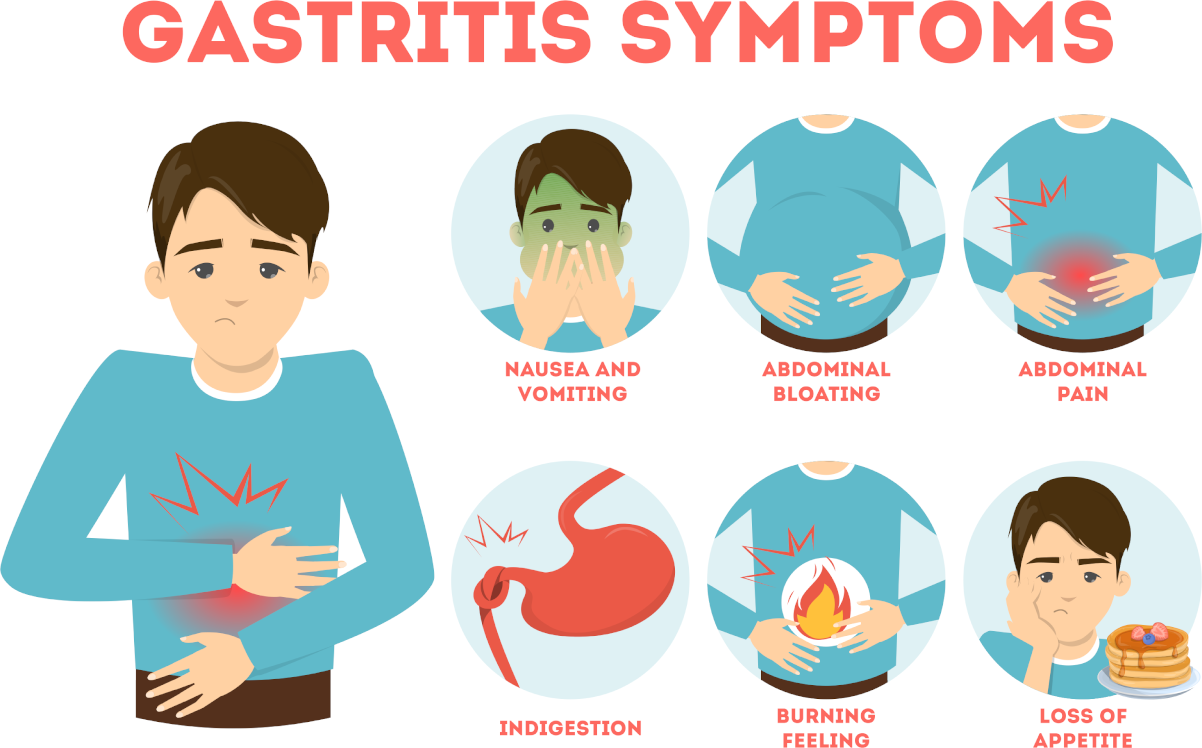
A kidney stone is a hard mass formed from crystals that separate from the urine and build upon the kidney’s inner surfaces. Naturally, urine contains chemicals that prevent crystals from forming. These inhibitors do not seem to work for everyone, but some people develop stones. If the crystals remain tiny enough, they will travel through the urinary tract and pass out of the body in the urine without being noticed.
Kidney stones may contain various combinations of chemicals. The most common type of stone contains calcium in combination with either oxalate or phosphate. These chemicals are part of a regular diet and comprise essential body parts, such as bones and muscles.
The frequency of stone formation has increased dramatically during the last few decades, paralleling the rise in other diseases associated with the Western diet, e.g., heart disease, diabetes, and high blood pressure. Kidney stones usually occur in adults over thirty and affect both sexes, but they are more common in men than women.

Anti-candida Mini Detox – three colonics with bicarbonate of soda
The Anti-candida mini detox involves a concentrated series of three colonics infused with bicarbonate of soda, ideally scheduled once weekly. This regimen serves as a potent initiation into a detoxifying cleansing routine, setting the pace for rejuvenation.
Risk increases with
- Excess weight and insulin insensitivity both lead to increased urinary excretion of calcium.
- High sugar intake: urinary calcium levels rise following a meal high in sugar.
- Low magnesium status: Magnesium increases calcium oxalate’s solubility and inhibits calcium phosphate and calcium oxalate stone formation. Supplemental magnesium alone can prevent kidney stone recurrences.
- B6 deficiency: vitamin B6 reduces the production and excretion of oxalates by transporting glutamine to the kidneys. The kidneys use glutamine to produce ammonia, preventing the urine from becoming too acidic. Acidic urine promotes the precipitation of calcium oxalate, which then forms stones.
- Heavy metal toxicity: many heavy metals, such as mercury (from amalgam fillings), gold, uranium and cadmium (from cigarette smoke and vehicle pollution), are toxic to the kidneys.
- Excessive alcohol consumption causes a rapid increase in blood sugar levels, which raises urinary calcium levels and leads to increased urinary calcium excretion.
- Western dietary patterns: frequent consumption of highly refined carbohydrates (white flour, white rice, pasta, cakes, etc.), animal protein, fat and vitamin D-enriched dairy products, along with a low intake of fresh fruit and vegetables.
- Frequent consumption of foods high in purines such as organ meats, meats, shellfish, yeast, herrings, sardines, mackerel and anchovies;
- Excessive salt consumption: people who form kidney stones excrete much higher amounts of urinary calcium when their salt intake rises.
- Dehydration: dehydration results in a much higher concentration of stone components in the urine.

Colonic Irrigation with anti-spasmodic herbs & bicarbonate of soda
Colon cleansing with ENEMA HERBS & bicarbonate of soda is highly anti-spasmodic and helps void gas during colon hydrotherapy. It is especially beneficial in the presence of IBS and spasms. Your appointment will also include initial consultation.
Preventative measures:
- Maintain an ideal weight or lose some weight if necessary
- Drink at least six pints of fluid, mostly filtered water, daily to increase urine flow and dilute the urine.
- Avoid excessive sweating
- Exercise regularly – exercise improves insulin sensitivity.
- Minimise intake of sugar, refined carbohydrates and alcohol
- Increase fibre consumption by choosing wholegrain bread, cereals, fresh fruits, and vegetables.
- Increasing consumption of green leafy vegetables is a rich source of vitamin K, which is a potent inhibitor of stone formation.
- Consume a nutrient-dense diet rich in whole, unprocessed, preferably organic foods, mostly plant foods (fruits, vegetables, beans, seeds, nuts, and whole grains) and coldwater fish such as salmon, low in animal products, fat and processed foods.
- Avoiding aluminium-containing antacids causes excessive excretion of calcium.

Food Intolerance Testing – Premium
Are you suffering from headaches, bloating, or tiredness? These are often signs of food sensitivity or intolerance affecting your daily life. Premium Food Intolerance Test is our most comprehensive food intolerance test, which analyses your IgG reactions to 208 food and drinks ingredients. YorkTest will provide precise results and nutritional support to help replace problem foods and optimise your diet.
Nutritional supplements:
- Vitamin B6 reduces the production and excretion of oxalates.
- Vitamin K is necessary for the body’s synthesis of a molecule that is a potent inhibitor of kidney stone formation.
- Magnesium increases calcium oxalate’s solubility and inhibits calcium phosphate and calcium oxalate stone formation.
- Calcium citrate or malate calcium restriction enhances oxalate absorption, whilst calcium supplementation reduces oxalate excretion.
- Citrate bound to magnesium or potassium can reduce urinary saturation of calcium oxalate and retard calcium crystals’ growth. Moreover, it significantly ceases stone formation in up to 90% of subjects.
- For uric acid, stones consider folic acid (inhibits the enzyme responsible for the production of uric acid) and bicarbonate.
MOST IMPORTANTLY OF ALL, DRINK MORE WATER!!!!!!

Liver Function Test
Are you concerned about your liver health? Do you think your alcohol consumption, weight, or unhealthy diet may impact your liver function? Your liver function affects your everyday health in many different ways. Begin the journey to improving your health and well-being with our Liver Function Test.
- Tests for seven health markers of liver function status, including Albumin, Globulin and Total Protein.
- Simple at-home finger-prick blood test.
- Provides hospital standard, easy-to-read traffic light results.
- Receive advice to support your overall health better.
- Access results via your secure, personal Wellness Hub account.
Only available in the UK. Customers must be aged 18 years or over to take this test. This test is not available to customers who are pregnant or breastfeeding.










